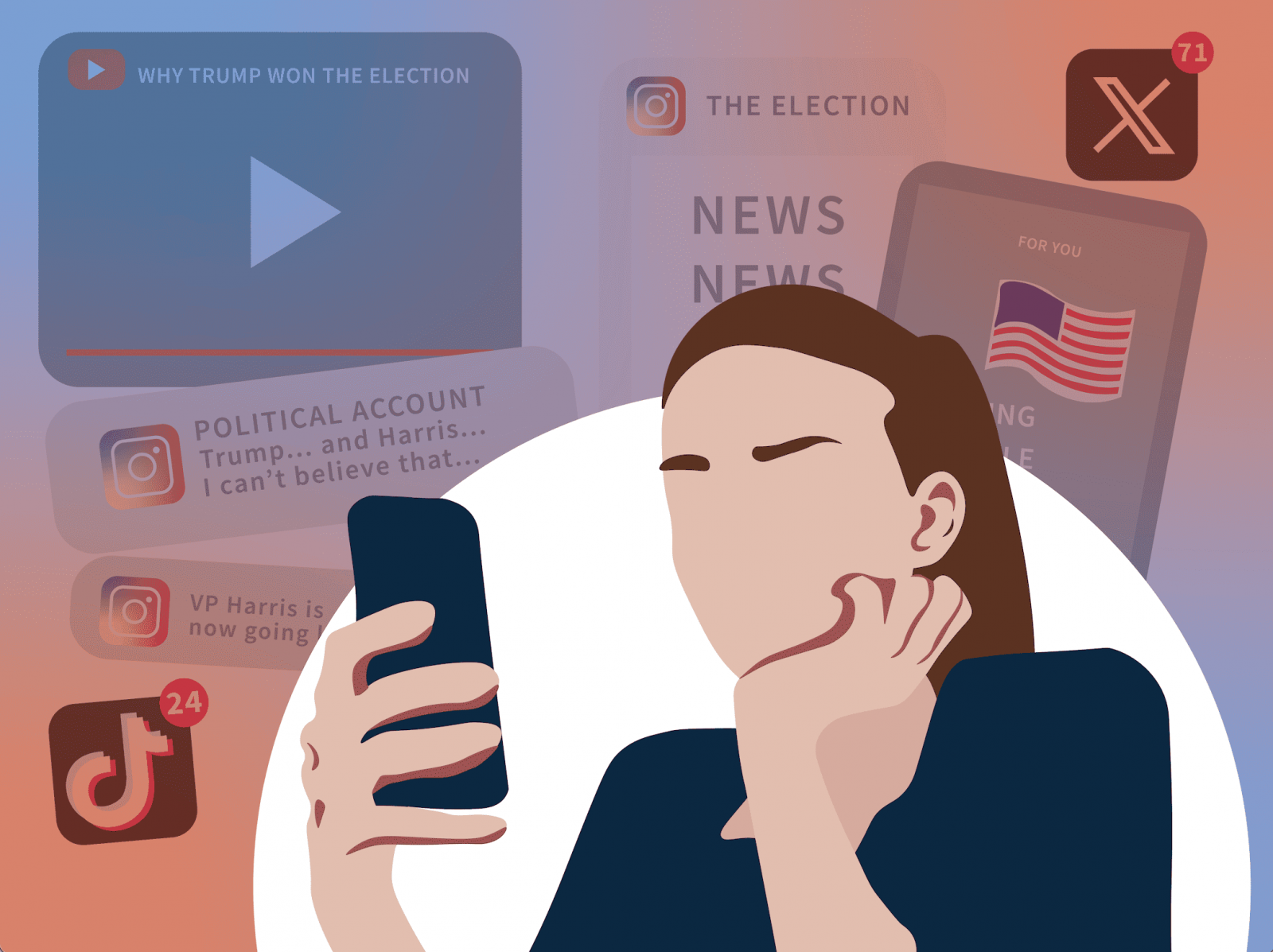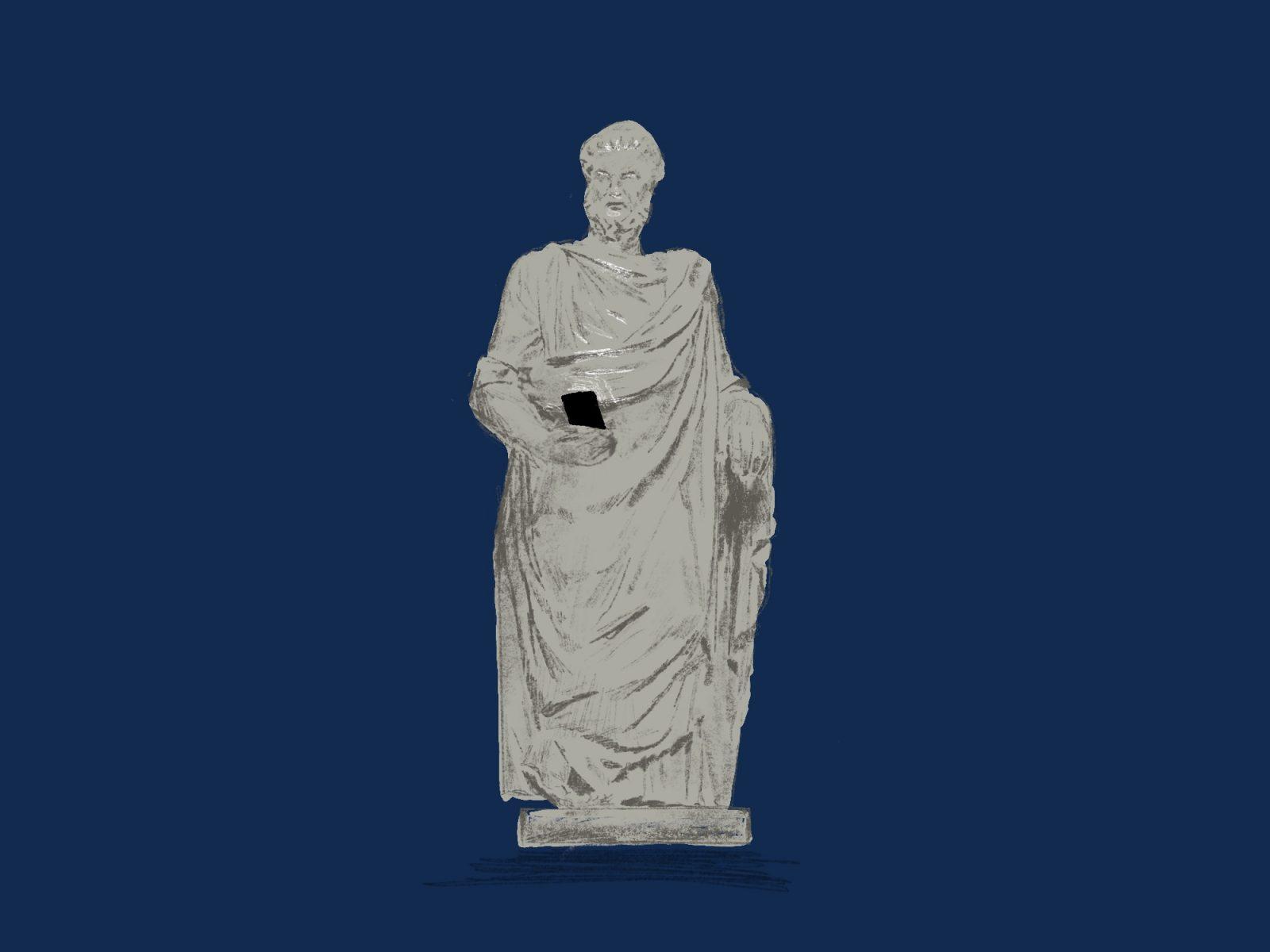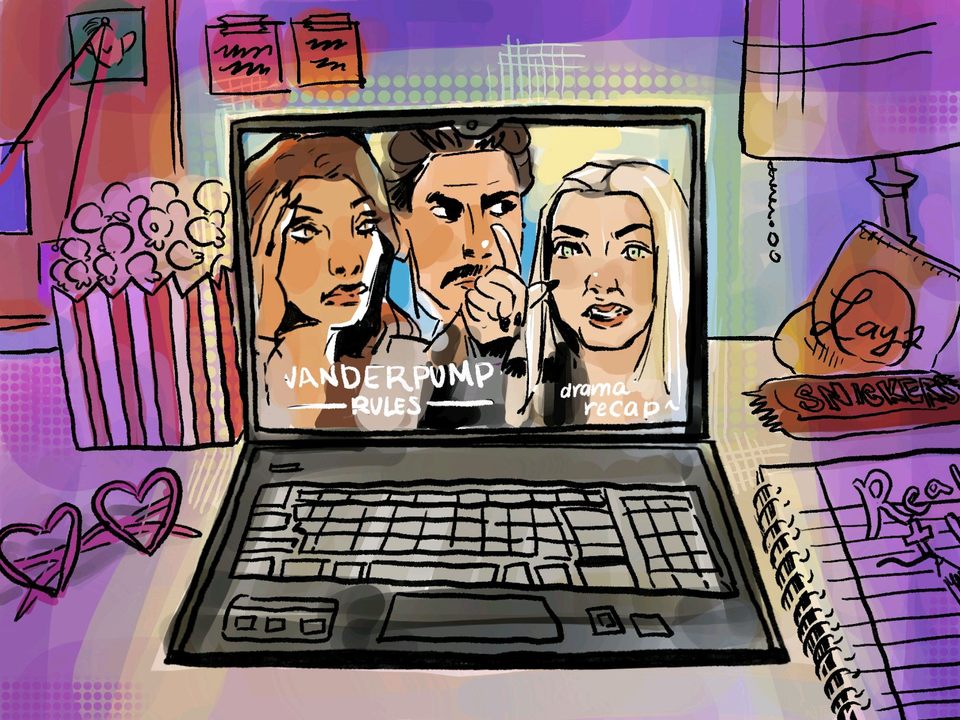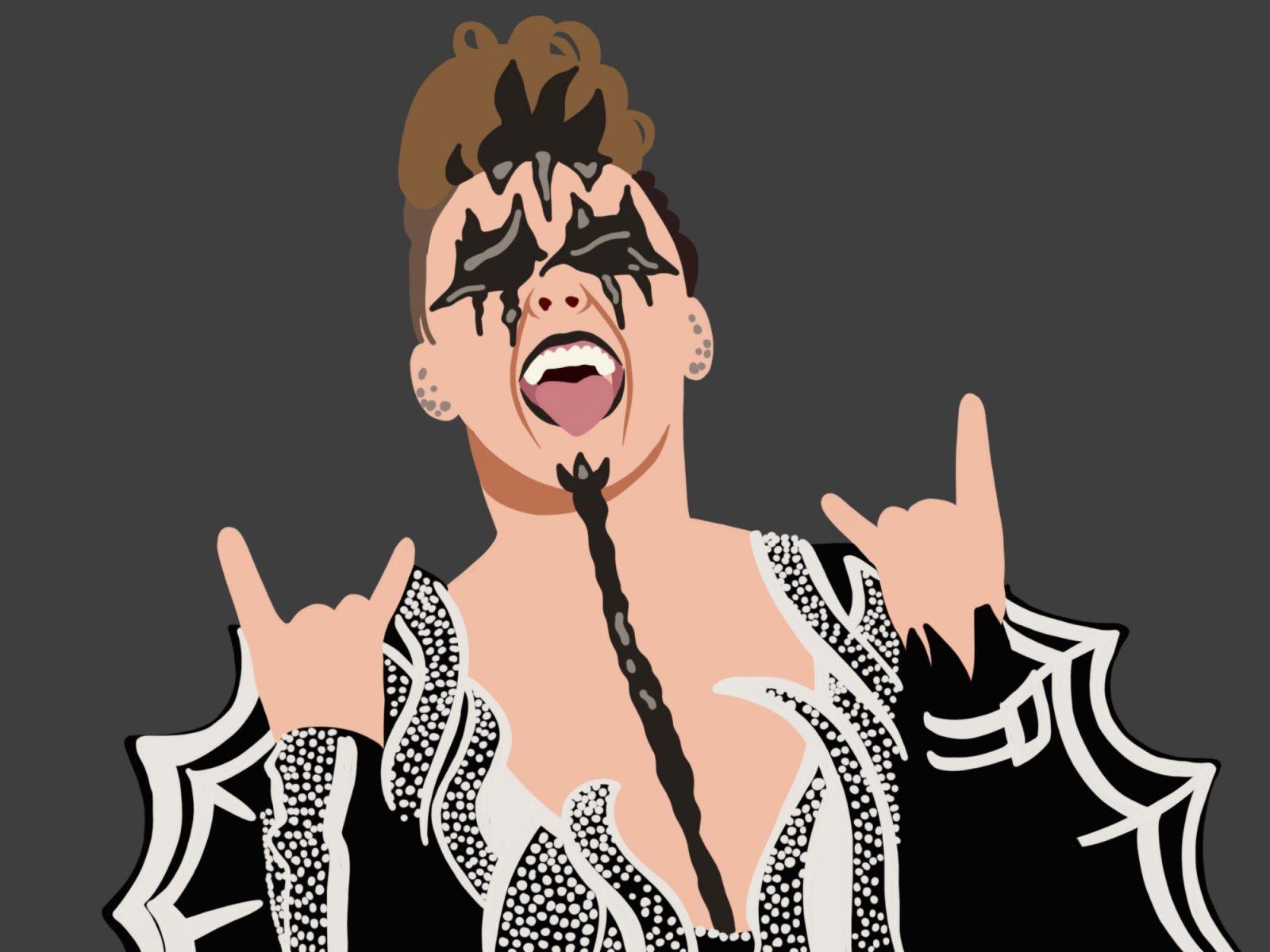I never paid much attention to YouTube persona Nikocado Avocado because his content did not appeal to me. I thought he seemed performative rather than entertaining. However, his new “social experiment” has taken the internet by surprise.
Nikocado Avocado — the self-proclaimed “King of Mukbangs,” whose real name is Nicholas Perry — has amassed over 4 million subscribers on his main platform YouTube, 4 million on TikTok and 73,300 on Instagram. Even if you are not a fan, Perry has likely made his way to your social media feed in some way throughout the years.
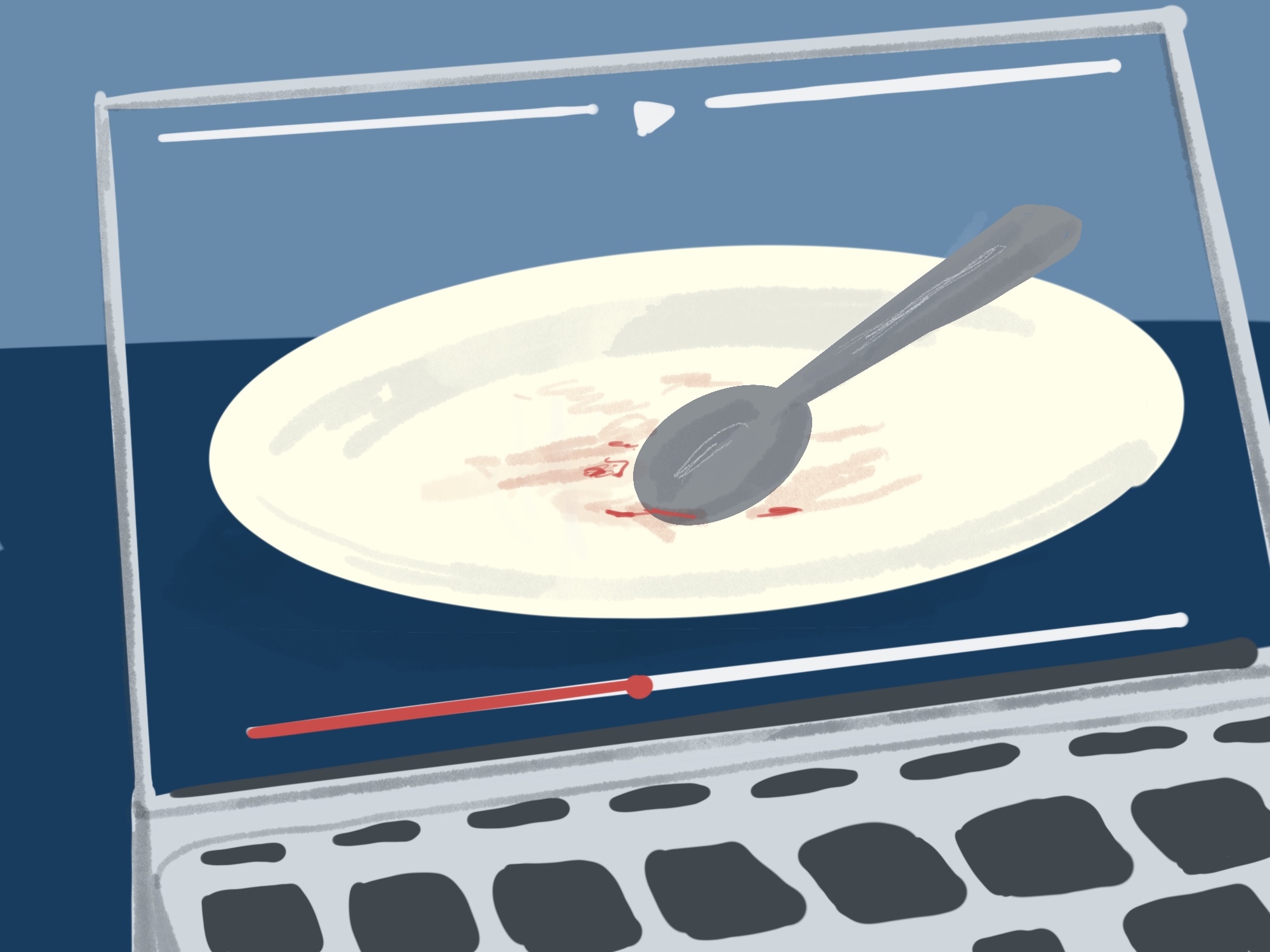 Perry began his YouTube journey in 2013. His content was inspired by popular “mukbang” videos, in which people record themselves eating food and talking to their online viewers. Popularized in South Korea, mukbangs have become a sector of the internet that has raised controversy about unhealthy eating habits and the content creators themselves.
Perry began his YouTube journey in 2013. His content was inspired by popular “mukbang” videos, in which people record themselves eating food and talking to their online viewers. Popularized in South Korea, mukbangs have become a sector of the internet that has raised controversy about unhealthy eating habits and the content creators themselves.
Perry soon began gaining notoriety and weight in the mukbang community. His extreme eating videos carved a large space in the world of mukbang content. He passed off his weight gain as water weight, but with time, he required an oxygen mask and a motorized scooter. His mental health was obviously declining.
Once Perry’s overindulgent mukbangs were no longer fresh and engaging but simply routine, he began eating in a visually grotesque manner. He recorded his temper tantrums and self-loathing crying episodes, while eating larger and unhealthier meals. He even began showcasing his suffering body to add to the spectacle of what he had become: gluttony personified.
This insatiable appetite for attention surpassed normal mukbang content and became a lot sadder. Perry appeared unwell, but the attention he received from his disturbing content was obviously enough for him to continue producing it.
By 2022, he allegedly weighed more than 400 pounds and could already live comfortably in a multimillion dollar penthouse paid for with his inflated earnings from his deflated dignity. He essentially began to eat away at his life and credibility for attention on the internet, in exchange for satisfaction with the money and notoriety that came with it.
On Sept. 7, 2024, seven months after his most recent video, Perry released a YouTube video titled “Two Steps Ahead.” He begins the video with a large panda mask covering his face and explains that his involvement on the internet has all been a social experiment.
He used the term “ants” to describe the viewers who engage with and criticize his content. Perry describes them as “little consumers,” each ant trailing after the one before it. These depraved “ants” essentially eat up “anything that they are told to consume.”
In a dramatic fashion, Perry removes his panda head to reveal his face, thinner from insane weight loss, and announces, “So I am the villain, because I’ve made myself one.”
Throughout this introduction, Perry makes it clear that he has access to a thesaurus — he takes his time speaking slowly so all the little ants can try to comprehend his remarkable social experiment. Perry continues to explain that in this video he is 250 pounds lighter than the last because his content for the past two years was prerecorded, which allowed him to begin his weight loss journey privately. But to what effect?
Perry insinuates that he was in control of the narrative this whole time — he calculated everything he posted to observe how viewers would consume his content and believe the persona he has embodied for years.
Okay, awesome, but what were all of these theatrics for? I find this situation to be interesting only because such a dramatic contrast between a social media star’s reality and their real life is unprecedented.
Perry went through this online journey for over a decade and became obsessive about it. Whether he was in control of the social experiment or not, the dramatic experiences he put his body through and posted online show just how much someone is willing to endure for attention.
Since his whole account was allegedly an experiment, does that mean the countless clips of him appearing to be mentally unstable and out of control were an act? Did he consciously publicize his extreme weight gain — and then weight loss — to social media platforms, knowing those audiences are already more susceptible to developing unhealthy body images? Perry has not said how he lost so much weight, yet people online are using his weight loss transformation as inspiration to start their own.
Everything about this just seems inappropriate and unnecessary to post online, especially since it was at the expense of his own health and personhood. I am happy that Perry’s experiment has presumably come to a close. But I’m uncomfortable with the spectacle he made of his body and relationship with food, just to prove the point that viewers will always be disconnected no matter how much they engage with someone’s content.
The rebranding of his decade-long online persona as a “social experiment” seems to be a scapegoat for a heavier problem: giving himself away to the internet for profit. But at least he was always two steps ahead.





















































































































